HOME
Leslie and Julie Harris: Cultivating the Next Generation
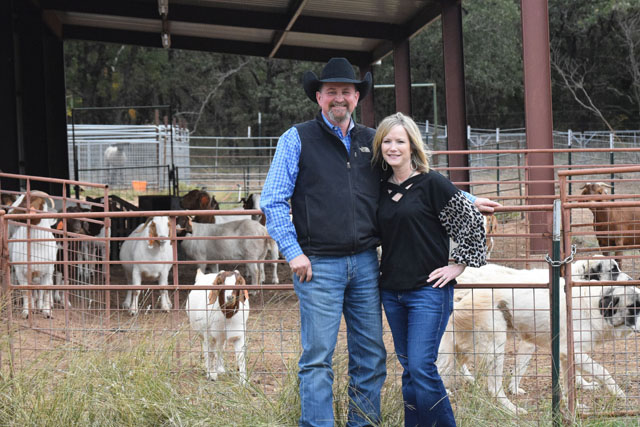
By Dani Blackburn
“Agriculture is our wisest pursuit, because it will in the end contribute most to real wealth, good morals, and happiness.” – Thomas Jefferson
Those entrusted with instructing the next generation in the most impactful industry of our society are agriculture teachers. They mold young minds with a well-rounded education of classroom and laboratory instruction, leadership development and hands-on learning as they prepare students to become tomorrow’s leaders, entrepreneurs, and agriculturalists.
Leslie and Julie Harris have been instrumental in guiding youth during their careers. Leslie, as a top-respected livestock judge and agriculture teacher, and Julie, as a special education and now English teacher.
“If a student eats, they are involved in agriculture. That is the very first thing I say when I teach ag. We talk about how the number one industry in our county is ag. It is where our food comes from. If we don’t pay attention, we’re going to be hurting. I don’t sugarcoat it. As a vocational agriculture teacher, we teach kids about opportunities they have to build their communities and raise their families,” Leslie said.
To read more, pick up a copy of the January issue of NTFR Magazine. To subscribe call 940-872-5922.
HOME
Goats Get To Work
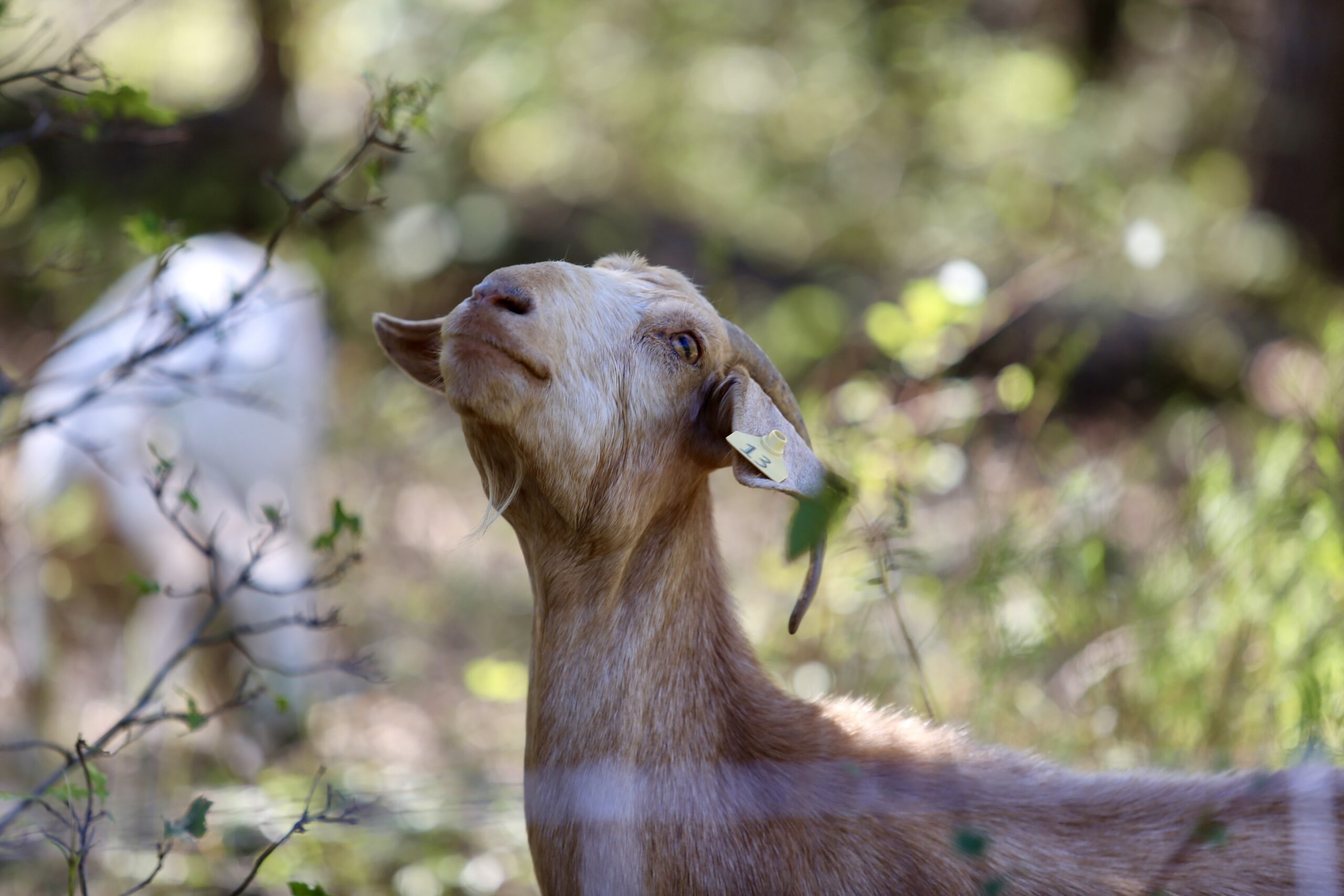
One of my professors out at Texas Tech University always told us that we aren’t just raising cattle, we’re raising grass, because without grass there is no cattle business. The same applies to most livestock species and crops we seek to raise- without good land management, no good yield can grow.
To read more, pick up a copy of the November edition of North Texas Farm & Ranch magazine, available digitally and in print. To subscribe by mail, call 940-872-5922.
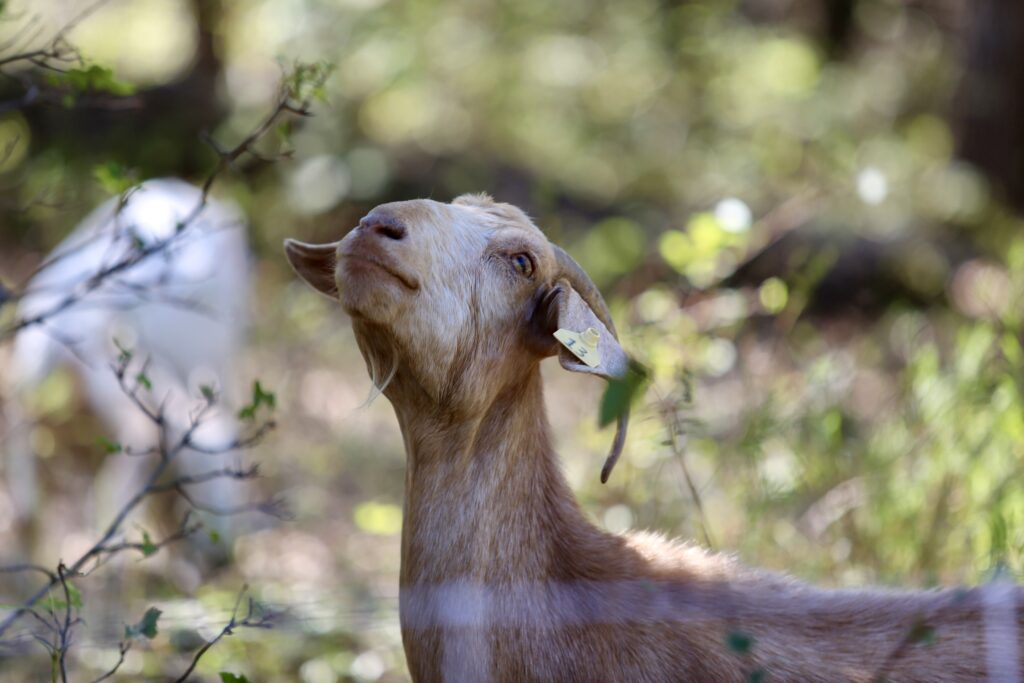
Farm & Ranch
Acorn Toxicity
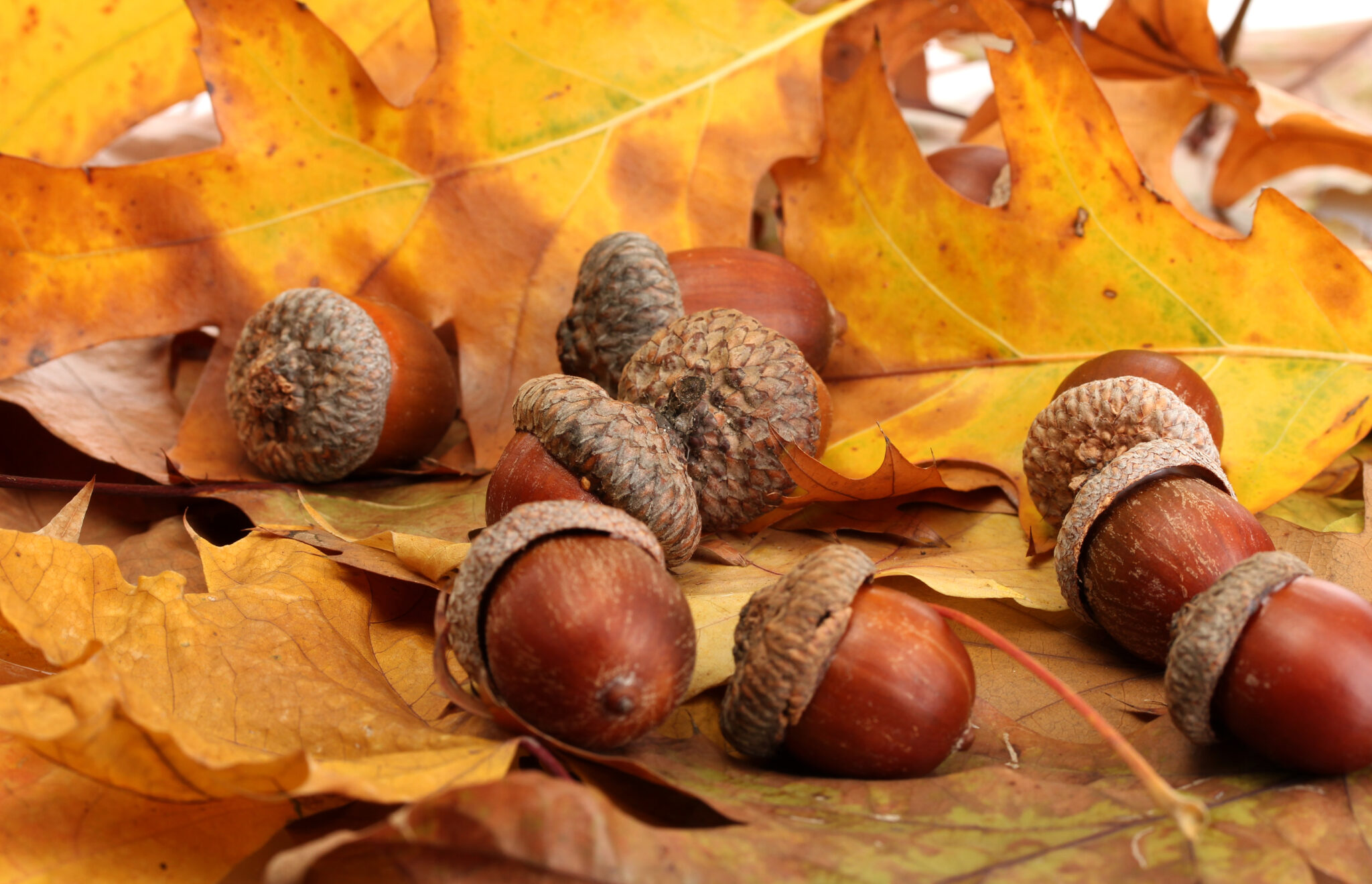
By Barry Whitworth, DVM, MPH
With the prolonged drought, most pastures in Oklahoma end up in poor condition. With the lack of available forage, animals may go in search of alternative foods.
If oak trees are in the pastures, acorns may be a favorite meal for some livestock in the fall. This may result in oak poisoning.
Oak leaves, twigs, buds, and acorns may be toxic to some animals when consumed.
To read more, pick up a copy of the November edition of North Texas Farm & Ranch magazine, available digitally and in print. To subscribe by mail, call 940-872-5922.
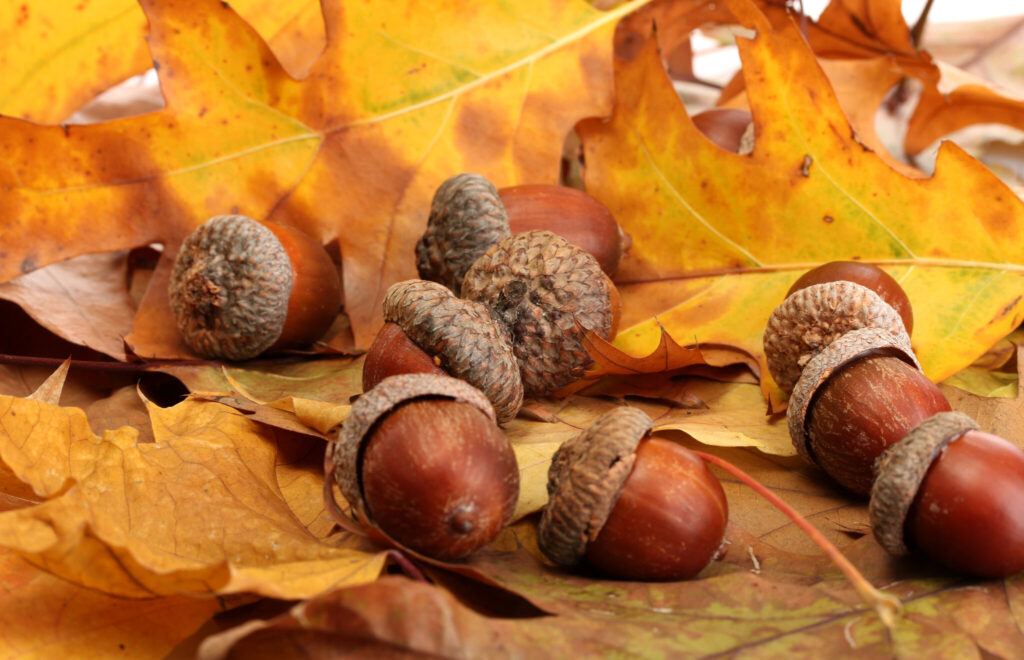
Farm & Ranch
Silver Bluestems
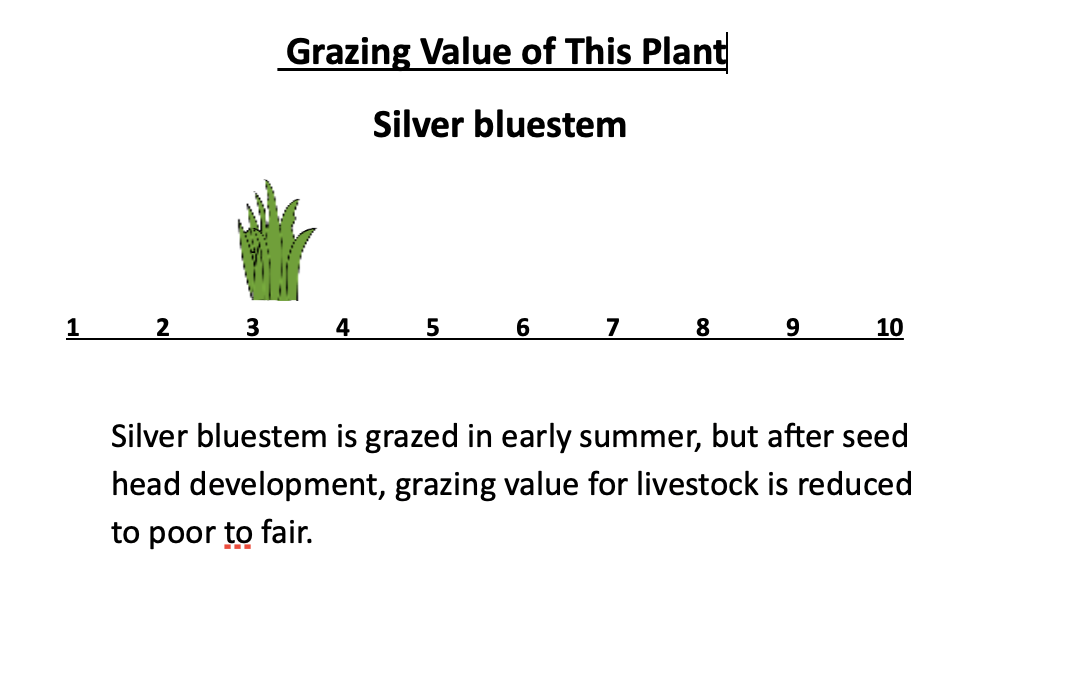
By: Tony Dean
There are a handful of grasses on North Texas grazing lands ranchers need to know, not because they are highly desirable, but rather because they are not of much value. I call them “decom” plants, which is am acronym for “Don’t Ever Count On Me.” Silver bluestem is a “decom” grass.
Silver bluestem is a perennial which grows in all areas of Texas. It can survive in almost all soil types, and in full sun conditions or in semi shade. It grows up to three feet tall and is easily recognized with the presence of the white fuzzy seed head. Also, one of the identifying characteristics of Silver bluestem is a bend in the stems at each node, causing the plants to take on a rounded shape as they mature.
To read more, pick up a copy of the November edition of North Texas Farm & Ranch magazine, available digitally and in print. To subscribe by mail, call 940-872-5922.

-

 Country Lifestyles2 years ago
Country Lifestyles2 years agoScott & Stacey Schumacher: A Growth Mindset
-

 Country Lifestyles8 years ago
Country Lifestyles8 years agoStyle Your Profile – What your style cowboy hat says about you and new trends in 2017
-

 HOME8 years ago
HOME8 years agoGrazing North Texas – Wilman Lovegrass
-

 Equine1 year ago
Equine1 year agoThe Will to Win
-

 Country Lifestyles5 years ago
Country Lifestyles5 years agoAmber Crawford, Breakaway Roper
-

 Outdoor9 years ago
Outdoor9 years agoButtercup or Primrose?
-

 Country Lifestyles8 years ago
Country Lifestyles8 years agoJune 2016 Profile – The man behind the mic: Bob Tallman
-

 Country Lifestyles8 years ago
Country Lifestyles8 years agoDecember 2016 Profile, Rusty Riddle – The Riddle Way




